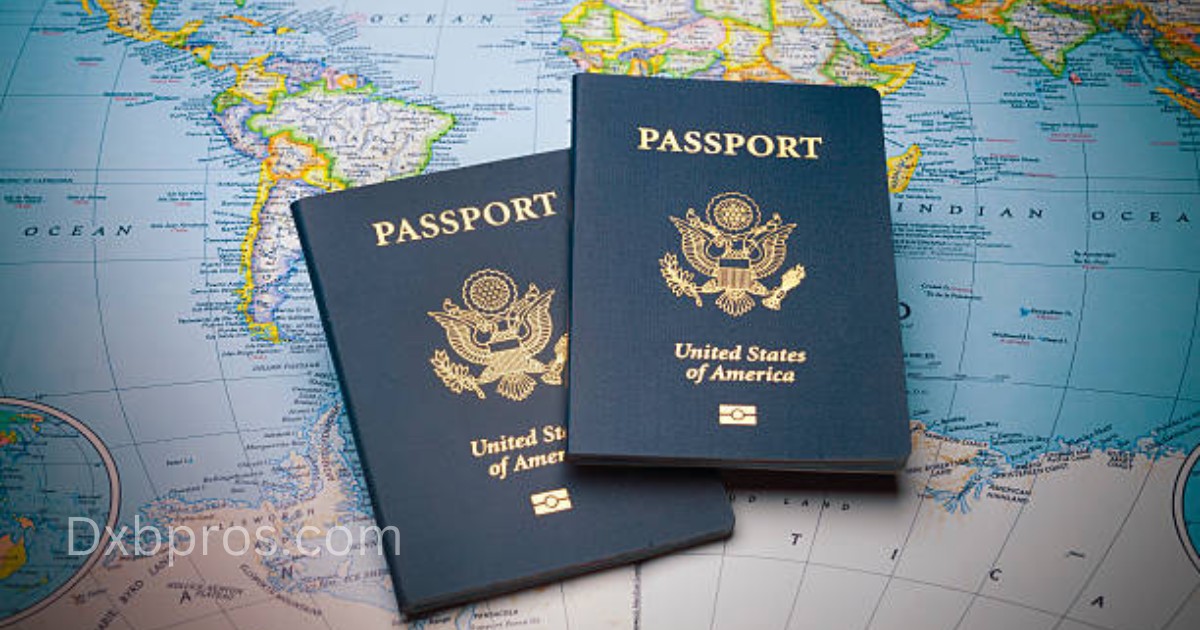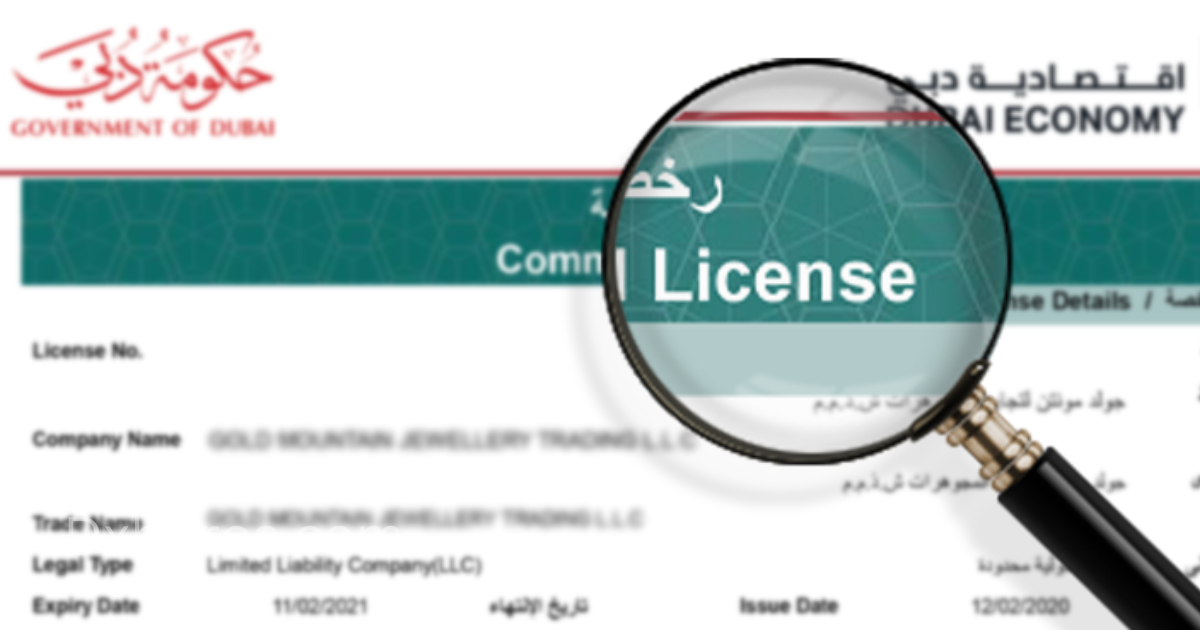Step-by-Step Guide to Starting a Business in the UAE: Mainland, Free Zone, or Offshore?
The UAE continues to be one of the most attractive business hubs in the world, offering endless opportunities for entrepreneurs and investors. Whether you’re considering starting a small business or expanding your international reach, understanding the nuances of setting up a company in the UAE is crucial. One of the first decisions you’ll need to make is where to set up your business: mainland, free zone, or offshore. In this step-by-step guide, we’ll walk you through the key differences between these three options and help you determine the best path for your business.
Step 1: Understand the Different Business Setup Options in the UAE
The UAE offers three primary types of business setups: mainland, free zone, and offshore. Each option has its advantages and challenges, and the right choice depends on your business activities, ownership preferences, and target market.
1. Mainland Business Setup
A mainland business setup allows you to operate anywhere in the UAE and even internationally. This option requires a local sponsor (UAE national) who holds a 51% share in the business unless you’re in a sector where 100% foreign ownership is allowed.
- Advantages:
- Flexibility to operate in the local UAE market.
- No restrictions on the number of visas.
- Ability to work with government entities.
- Challenges:
- Local sponsor required (except in certain cases).
- Higher costs in terms of office space and registration fees.
2. Free Zone Business Setup
Free zones are special economic areas that offer business incentives, such as 100% foreign ownership, tax exemptions, and simplified procedures for setting up and operating businesses. However, free zone companies can only operate within the free zone or internationally and cannot do business directly with the UAE market unless they appoint a local distributor.
- Advantages:
- 100% foreign ownership.
- Tax exemptions and customs duties.
- Simplified setup process with lower capital requirements.
- Challenges:
- Limited to the free zone for business operations.
- Restrictions on dealing directly with the UAE market.
3. Offshore Business Setup
Offshore companies are established in the UAE for global business operations, mainly used for holding assets, trading, or establishing offshore branches. These companies are often favored by international investors due to their tax-efficient structure and privacy.
- Advantages:
- 100% foreign ownership.
- Privacy protection for owners.
- No requirement for physical office space.
- Challenges:
- Limited to international business operations.
- Not allowed to conduct business within the UAE market.
Step 2: Choose the Right Business Activity
Each type of business setup in the UAE has its own set of permissible business activities. You’ll need to identify which business activity your company will engage in and ensure that it aligns with the regulations of the jurisdiction you choose.
- Mainland businesses typically allow a broader range of activities.
- Free zones usually have a focus on specific industries like technology, media, healthcare, or trade.
- Offshore companies are often used for investment, holding, or service-based businesses.
Step 3: Determine the Legal Structure of Your Company
Your company’s legal structure depends on the type of business setup you opt for. In the UAE, the most common company structures include:
- Limited Liability Company (LLC): Common for mainland businesses.
- Free Zone Company: For businesses in free zones.
- Branch Office: For foreign companies wishing to open a branch in the UAE.
- Offshore Company: For international business or asset holding.
Step 4: Secure a Business Location
Depending on the type of business setup, you’ll need to secure an office space. For mainland companies, you’ll need to lease office space within the UAE, while free zones often offer office packages with more flexible options. Offshore companies, however, do not require a physical office space.
Step 5: Register Your Company
Once you’ve secured your office, the next step is registering your company. You’ll need to:
- Submit the required documents (passport copy, visa status, business plan, etc.).
- Choose your company name (it must adhere to UAE naming conventions).
- Apply for your trade license (commercial, industrial, or professional, depending on your business activity).
Step 6: Apply for Visas and Permits
Once your company is registered, you can begin applying for employee visas, owner visas, and any other permits that may be required based on your business activity. The visa process varies depending on whether you’re setting up in a mainland, free zone, or offshore area.
- Mainland companies: You can apply for multiple visas based on office space and requirements.
- Free zone companies: Visa quotas are typically determined by the size of your office.
- Offshore companies: Typically, offshore entities do not require visas.
Step 7: Open a Business Bank Account
After registering your company and obtaining the necessary visas, you’ll need to open a business bank account to manage finances. Banks in the UAE will require documents such as your trade license, passport copies, and proof of address before approving your application.
Step 8: Stay Compliant with Local Regulations
Once your business is up and running, it’s crucial to stay compliant with local regulations. This includes maintaining your trade license, paying taxes (where applicable), and renewing any necessary permits or visas.
How DXB Pros Can Help
At DXB Pros, we specialize in simplifying the business setup process for entrepreneurs in the UAE. Our expert team can help you:
- Choose the best jurisdiction (mainland, free zone, or offshore) for your business.
- Handle the paperwork, registration, and legal requirements.
- Ensure your business remains compliant with all local laws and regulations.
- Guide you through visa applications and other governmental approvals.
Conclusion
Starting a business in the UAE offers exciting opportunities for entrepreneurs, but it requires careful consideration of where and how you’ll establish your company. By understanding the differences between mainland, free zone, and offshore setups, you can choose the best option for your business goals. Whether you’re setting up a small business or expanding globally, DXB Pros is here to simplify the process and ensure your success in the UAE.
Ready to start your business in the UAE?
Contact DXB Pros today for expert assistance and comprehensive business setup services.
SEO-Optimized Keywords
- Starting a business in the UAE
- Mainland business setup Dubai
- Free zone business setup UAE
- Offshore business UAE
- UAE business setup guide
- Dubai business registration
- Business licenses UAE
- UAE trade license
- Dubai company formation
- Business setup services Dubai
Hashtags:
#BusinessSetupUAE #MainlandBusinessDubai #FreeZoneBusiness #OffshoreBusinessUAE #DubaiBusinessRegistration #UAECompanySetup #BusinessInDubai #UAEEntrepreneurs #DubaiBusinessSetup #BusinessLicensingUAE #DubaiStartups #DubaiCompanyFormation #UAETradeLicense #UAEFreeZones #CompanySetupDubai #DXBPros #UAEVisas #BusinessOperationsDubai #StartupDubai #UAEBusinessGuide #BusinessConsultantDubai #BusinessLicenseDubai #UAEOffshoreCompany #CompanyFormationUAE #BusinessSetupExperts #DubaiBusinessSupport #TradeLicenseUAE #BusinessOwnershipUAE #UAEBusinessServices #UAECompanyStructure #UAECompliance #BusinessGrowthDubai






